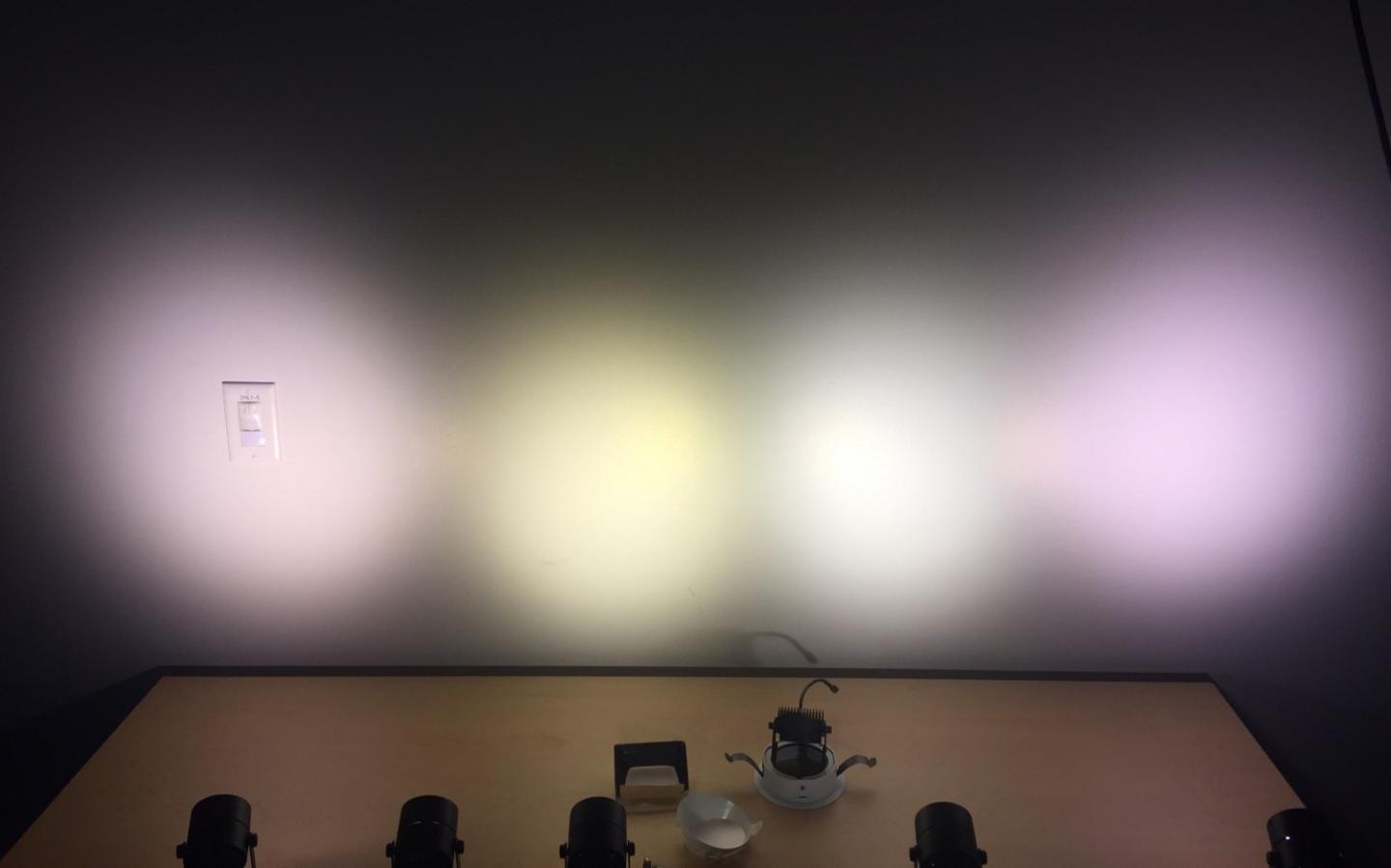People become more and more aware of how lighting can affect human well-being and are paying attention to the quality of lighting. For enhancing light quality, researchers found out people have different perception of light sources depending on their age and highlighted the importance of taking age factor into consideration when designing white LED lighting.
A study published in The Optical Society (OSA) journal Optics Express investigated the perception variability related to short-wavelength effects and confirmed that the perception of white LEDs is affected by the viewer’s age and the variability in their short-wavelength spectrum.

(Image: Soraa)
For the study, viewers were shown several nearly white LED sources with various emission spectra and asked to rank their perceived tint compared to that of a reference white light. The test sources were part of the researchers' efforts to develop a more sleep-friendly light source. They featured a specialized emission spectrum in which the short-wavelength blue light, which may affect sleep, was replaced with shorter-wavelength violet light that maintains the light's white color.
Analysis of these findings revealed that the perception variations were largely driven by age. Turning to modern color science, the researchers were able to derive a perception model that accurately accounted for the inter-user perception variation they observed.
"The perceived tint of these unusual LED sources is heavily influenced by the viewer's sensitivity in the violet range, which is strongly age-dependent," explained Aurelien David of Soraa, the research team leader. "Our study revealed that the amount of short-wavelength light a source emits together with the viewer's age may lead to very different perceptions of a white light. LED light sources exacerbate this effect, because their emission often features large peaks of blue or violet radiation."
The researchers note that having a standard calculation for age-dependent colorimetric quantities would help manufacturers and other stakeholders incorporate age-dependent effects into the design of future LED emitters.












